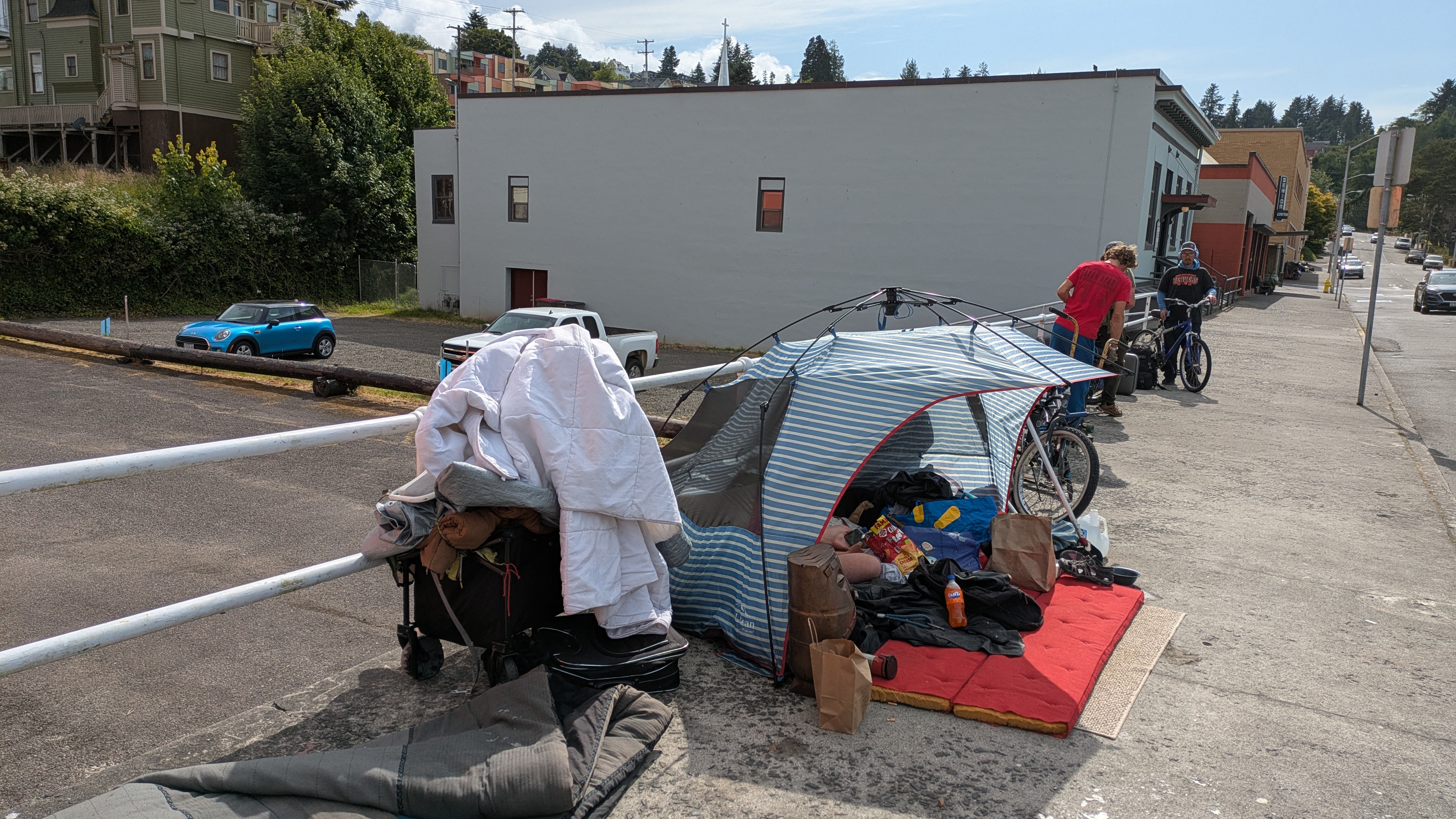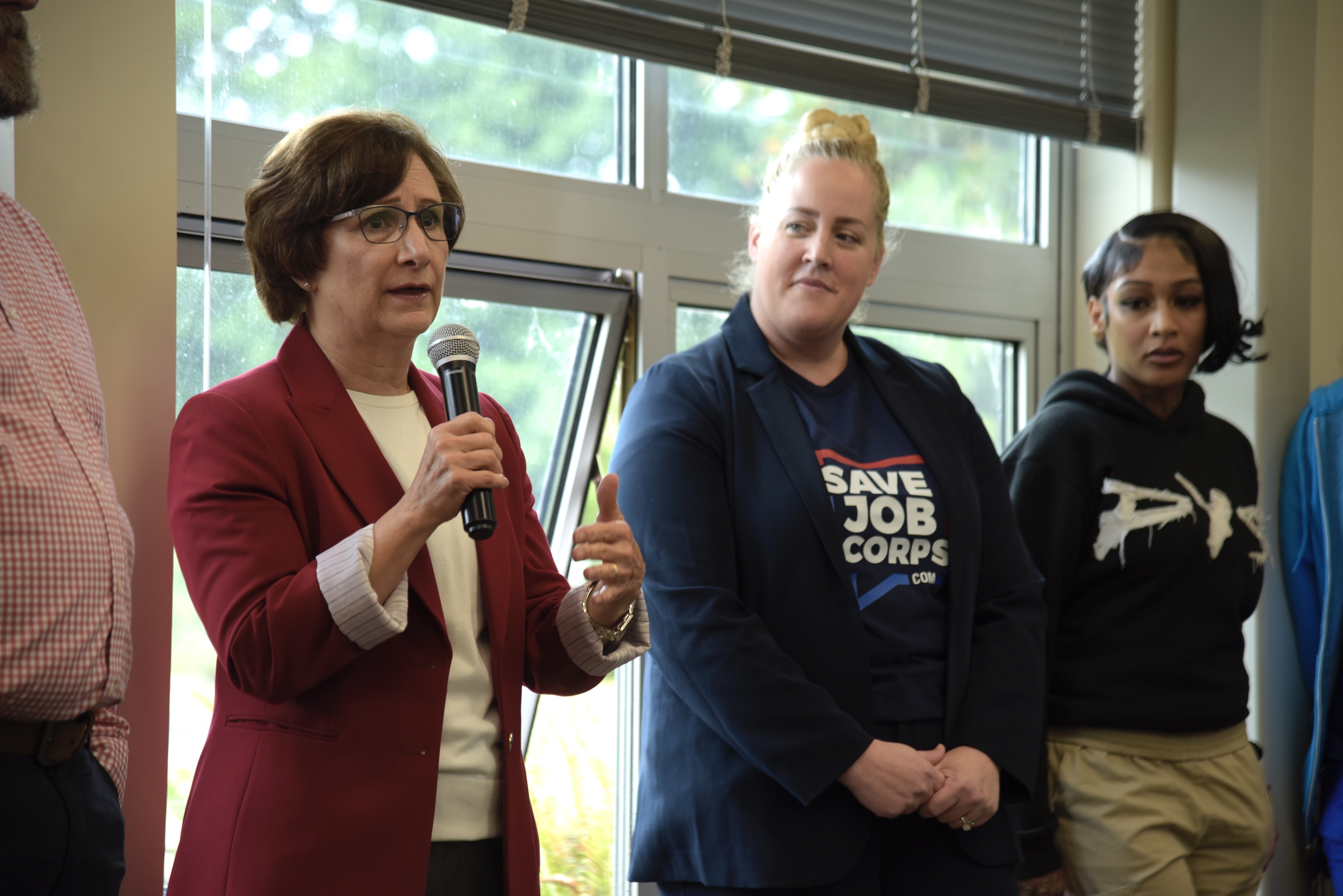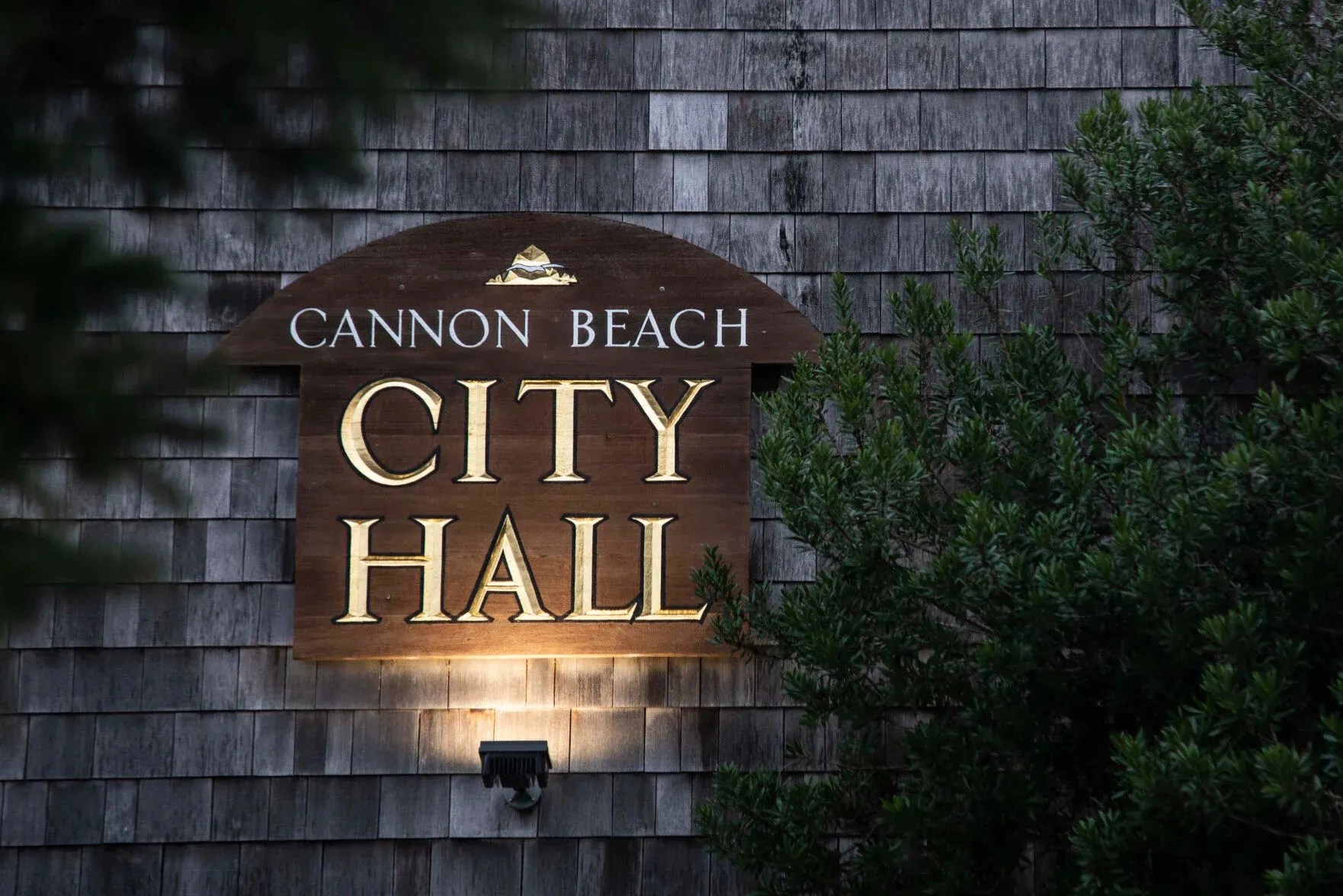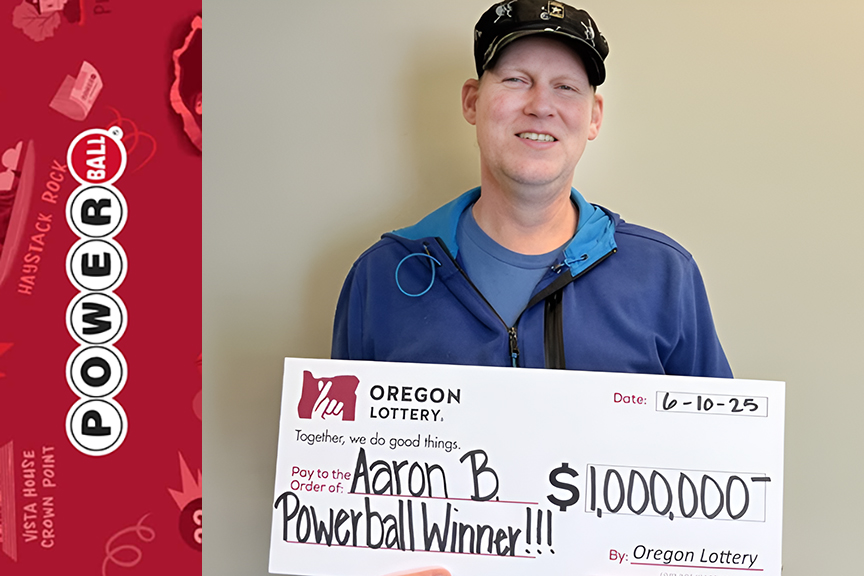Talking Tombstones: Into the vale of death came the 600
Published 5:00 pm Sunday, October 27, 2013
WARRENTON Sunday afternoon, Ocean View Cemetery came alive for the 10th annual Talking Tombstones: Dont Take Them for Granite, put on by the Clatsop County Historical Society and Astoria Granite Works.
Nine actors portrayed the lives of nine past local citizens buried at the cemetery plus one imaginary character.
Mac Burns, executive director of the Clatsop County Historical Society, brought the program to Clatsop County after seeing a similar one elsewhere. The living history event suits the organizations mission to make the past interesting and accessible.
The autumnal event draws about 500 viewers each year, according to Burns. In the first 20 minutes Sunday, about 120 had shown up and the count was 600 by the end of the day.
As they arrived at the cemetery, visitors were formed into small groups and directed to a specific specter to start their tour. After hearing that persons story, they were sent on to the next ghostly presenter. The graveside presenters wore period dress and stayed in character as they told their stories.
Vina Daw waited in line, eager to begin her tour. She cradled her 2-month-old grandson Thomas Zimmerman in her arms as she waited with her daughter, Tiffany Coleman, granddaughter Topanga, 2 1/2, and her daughters boyfriend Jake Zimmerman.
Its the first time I had off and could come to it. Im just a history buff. I like that the younger generation can learn that Halloween doesnt have to just be about scary things, Daw said.
This years event featured common threads among people who represented the vast fabric of the community. There were the famous and infamous, prominent and modest.
Sheriff Harley Slusher, played by Paul Winiarz, clenched a billy club in one hand with an ax by his feet, tools of his trade. The lawman made his mark during Prohibition when Astoria had more stills pumping out moonshine than the Columbia River had salmon. The Ku Klux Klan led the recall of his predecessor and put Slusher in office to clean up crime. Slusher wouldnt say whether he shared the Klans other objectives. Nor would he clear up a rumor that his wifes dairy sold moonshine concealed in milk jugs painted white.
Across the way, Dr. Charles Rosenberg, portrayed by David Reid, railed against the KKK and bemoaned Slushers election. The Finnish immigrant was a controversial character, practicing medicine without a license, operating an entertainment hall and a tavern, and running an independent newspaper reporting the unvarnished truth that was unpopular with city leaders.
Moses Rogers, portrayed by Matt Hensley, was one of the first Columbia River bar pilots, a county assessor, farmer and ships captain. Rogers was born in Massachusetts, which he proudly hailed as the center of the American Revolution. Imagine his angst over the role of his grandson, the British vice consul in Astoria, in quashing efforts by the Ghadar Party to overthrow British colonialism in India. They had in mind the United States of India. Isnt that a name we can all love? he wailed.
As Dr. Bethania Owens Adair, ShawnAnn Hope lectured about her life as the first woman doctor in the Pacific Northwest might have. Owens Adair, born in 1840 and died in 1926, earned two medical degrees and a postgraduate degree, became a pioneering doctor. She was married and divorced twice. She was a reformist, suffragette and eugenicist, supporting forced sterilization of criminals, mentally or physically ill and nonwhites, to improve public health.
Clara Munson, portrayed by Ann Stiles, was the first woman mayor of Warrenton and in the Pacific Northwest. She was elected in 1913, one year after Oregon granted women the right to vote and eight years before the federal government did. Each of us has an obligation, a responsibility to make our vote count, she counseled visitors.
May Miller, played by Terry Arnall, saved the current Flavel House museum from being torn down when the city couldnt afford to fix it. Miller, despite having a husband in prison and three children to raise, organized work parties and bond measures before buying the house herself in the 1950s from the city for $1 with the stipulation the historical society would run it.
Cliff Larson portrayed Chris Carlson, a chauffeur for Nellie Flavel and her family in the 1920s and 30s, who recalled the family with fondness. Carlson had written notes on a wall in the carriage house about trips and important family events that were uncovered during a recent renovation.
Jennie Bowlsby, played by Lynn Hadley, told how her father-in-law got away with murder after shooting his wifes much younger lover before a crowd of witnesses in Astoria. He convinced the first jury that there were no laws prohibiting a jilted husband from shooting his wifes lover, and later, a second jury of his insanity. Bowlsby led a more sedate life, working as a clerk at Home Baking Co., and in local canneries. She died in 1987 at age 93.
This was Hadleys first foray into Talking Tombstones. Shes performed for Astor Street Opry Co.s New Works and the Peninsula Players. Im just an acting hambone, she quipped.
One of the more impressive presentations was by veteran re-enactor Steve Nurding, who played Thaddeus Trullinger, an electrician whose family brought electric street lights and trolleys to Astoria. After learning the identity of his character two weeks ago, Nurding, an engineer at the Wauna Mill, built a working gallows and wrote a script with co-worker Robyn Carroll, depicting Trullinger converting the gallows to electrical switches for the hanging of a murderer at the county courthouse in 1894
For their skit, Carroll played a made-up character called Annie, a seamstress (wink, wink) from Swilltown, who flirts with Trullinger as he works on the gallows. She drew laughter from spectators as she told about her dream to open her own business, Annies Tavern and Dance Hall, where respectable women can dance for loggers and fishermen.
Nurding drew guffaws as he pretended to take a call from his wife on his cellphone.
This isnt information. This isnt entertainment. This is info-tainment, said Nurding, to describe his presentation. I dont think people want to know when someone was born, where he went to school or when he died. They want to know what their life felt like.





